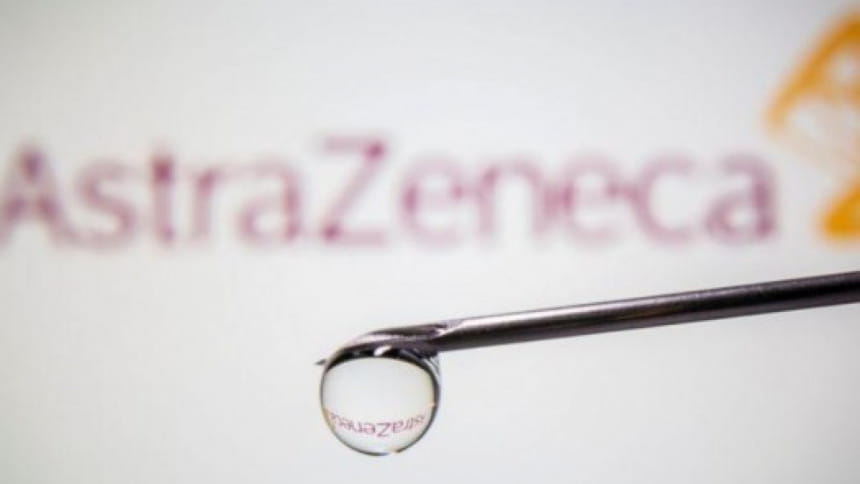Oxford University-Astrazeneca vaccine: Bangladesh okays it for emergency use

Bangladesh today approved the Oxford University-AstraZeneca coronavirus vaccine manufactured by Serum Institute of India, paving the way for bringing the vaccine for emergency use.
The government is likely to make half the payment on Tuesday in advance for the three crore doses of the much-sought-after vaccine named Covidshield.
According to the contract between the government, SII, and its local partner Beximco Pharmaceuticals Ltd, the first shipment should arrive in the country a month after the approval.
"The vaccine can be administered for emergency use. Hopefully, we will make the advance payment tomorrow," Health Secretary Abdul Mannan told The Daily Star last night.
Ayub Hossain, spokesperson of Directorate General of Drug Administration (DGDA), told The Daily Star that the drug regulatory authority gave a no objection certificate (NOC) to Beximco Pharmaceuticals for importing the vaccine from SII for emergency use.
Since giving registration is a lengthy process, the DGDA gave the NOC, he said.
However, Beximco Pharmaceuticals Managing Director Nazmul Hassan Papon tonight said he has yet to formally receive the NOC.
India on Sunday banned export of the vaccine for two months to make sure emergency local demands are met.
As many people here expressed concerns that the vaccine shots might not arrive on time, the Bangladesh government today said the ban would not affect the import of Covidshield.
"The deal was done on the basis of discussions at the highest level, between Bangladesh Prime Minister Sheikh Hasina and Indian Premier Narendra Modi. So, no ban will be applicable for us. There is no reason for us to worry," said Foreign Minister AK Abdul Momen referring to a correspondence with the Indian Ministry of External Affairs.
"The vaccine will arrive on time. It will come towards the end of this month… India and Bangladesh will get the Serum vaccines at the same time," he told reporters at a briefing at Foreign Service Academy.
The Serum Institute on Sunday said it intends to concentrate on meeting India's own immediate demand for two months before exporting it to other interested countries.
Health Minister Zahid Maleque and Secretary Abdul Mannan of the health ministry today told reporters that the ban would not affect Bangladesh's contract, signed on November 5 last year, with SII for the procurement of three crore doses of the vaccine.
In the evening, Beximco Pharmaceuticals' Papon said, "Since we have signed an agreement, it is my firm belief that it will not be a problem. We have talked to Serum today, but we did not get any indication that there would be any delay [in getting the vaccine]."
"It's an international agreement," he told reporters at a hurriedly-called briefing.
But how quickly the vaccine could be availed depends on the government, he added.
The sooner the government meets the conditions of making payment in advance and getting the vaccine approved by the country's drug regulatory body, the earlier the vaccine will arrive, he said.
"We submitted documents to the DGDA for approval on Thursday. We've also sent a formal application today to the DGDA for approval."
A top Indian foreign ministry official told The Daily Star today that: "We will prioritise our neighbours, particularly Bangladesh, in sharing our vaccines. It will take a few weeks to roll out, perhaps by the end of [the] month."
During a virtual summit between Hasina and Modi on December 17, the latter promised to promptly and effectively deliver to Bangladesh the Covid-19 vaccine.
Stating that Bangladesh is a significant pillar in India's "Neighbourhood First" policy, Modi said pharmaceutical companies on both sides made plans for supplying the vaccine. Modi also spoke of exploring the potentials of cooperation in vaccine production.
Serum is supposed to provide 50 lakh doses each month to Bangladesh in the first six months as per the agreement.


 For all latest news, follow The Daily Star's Google News channel.
For all latest news, follow The Daily Star's Google News channel. 



Comments